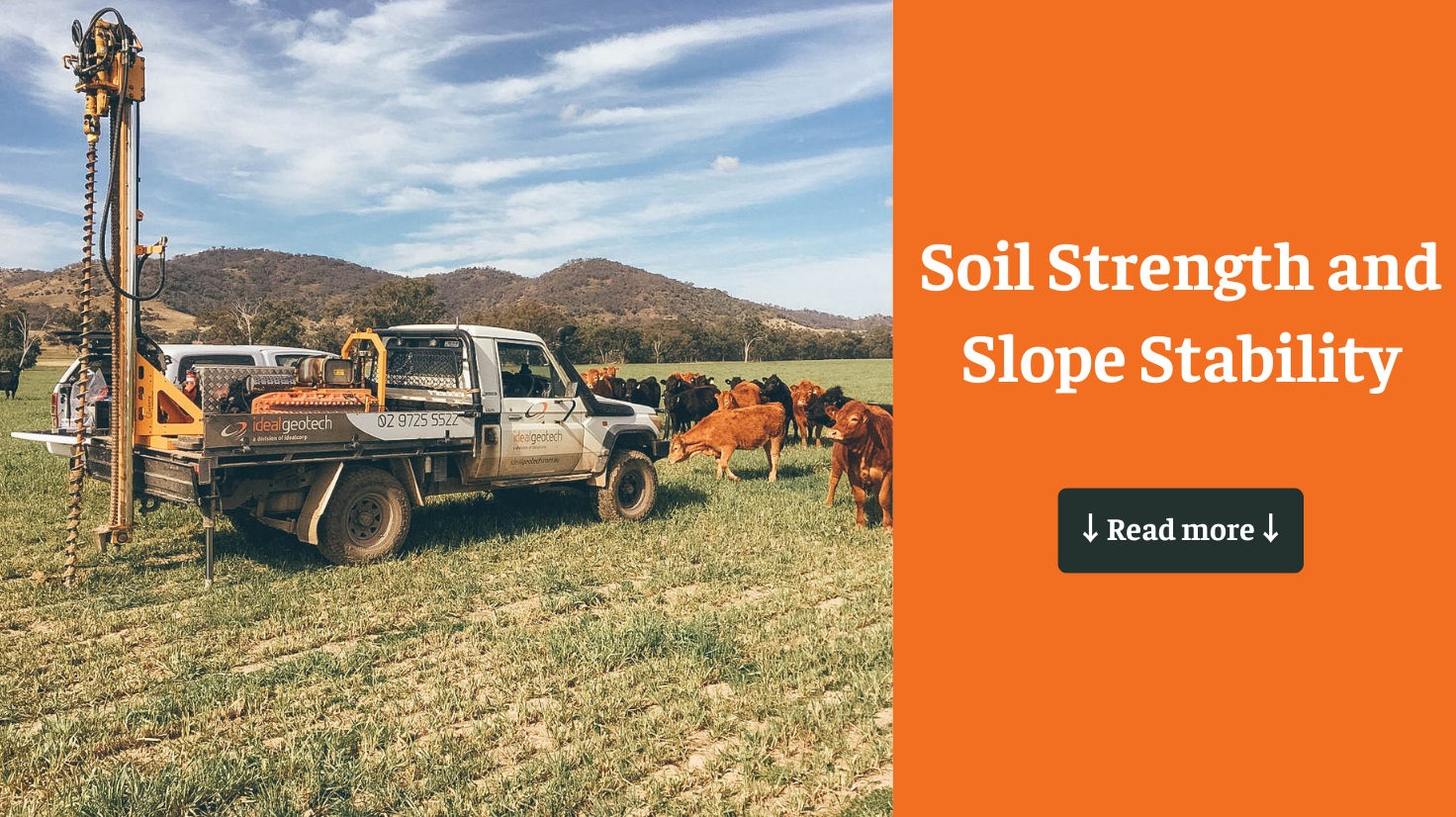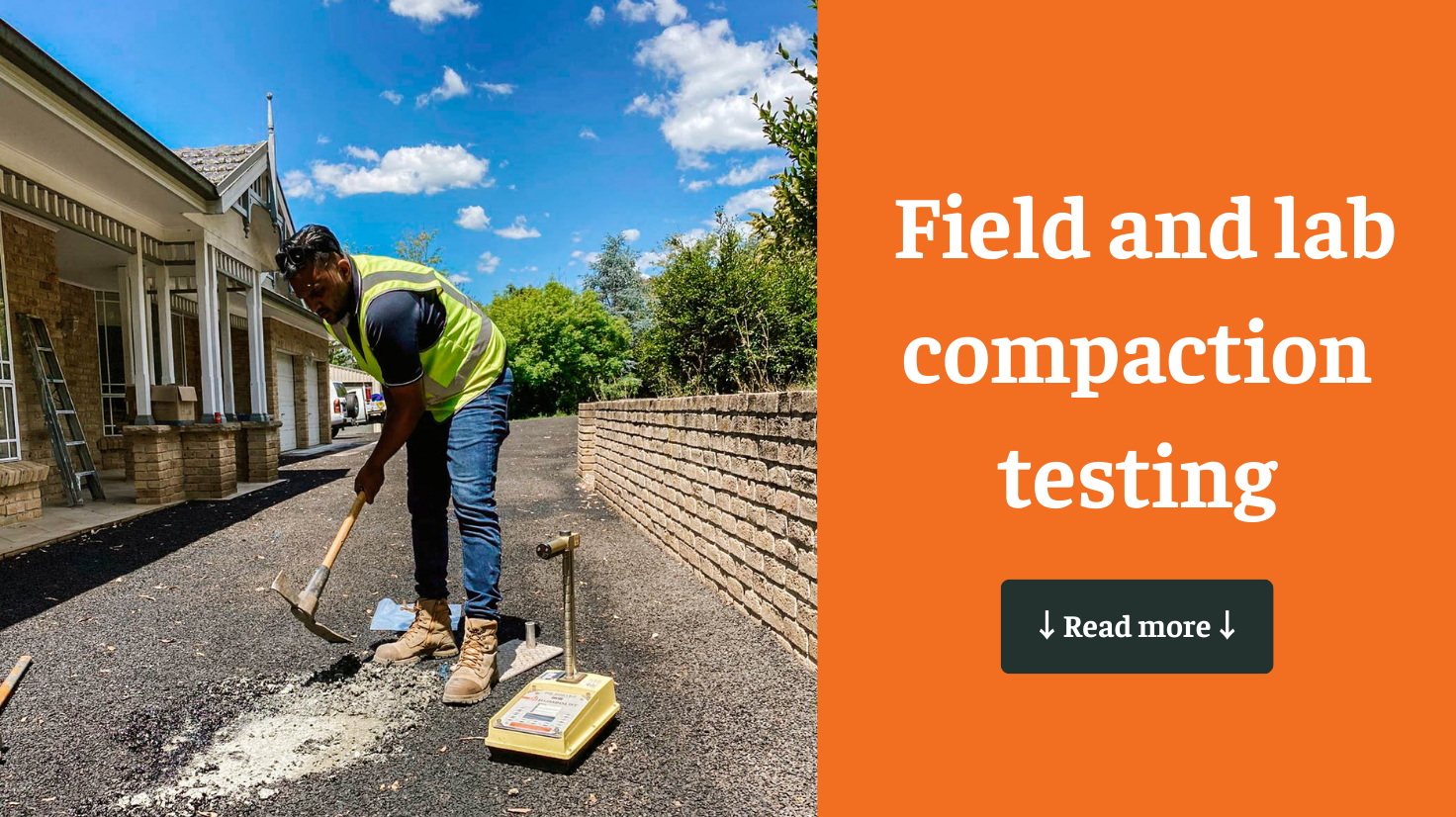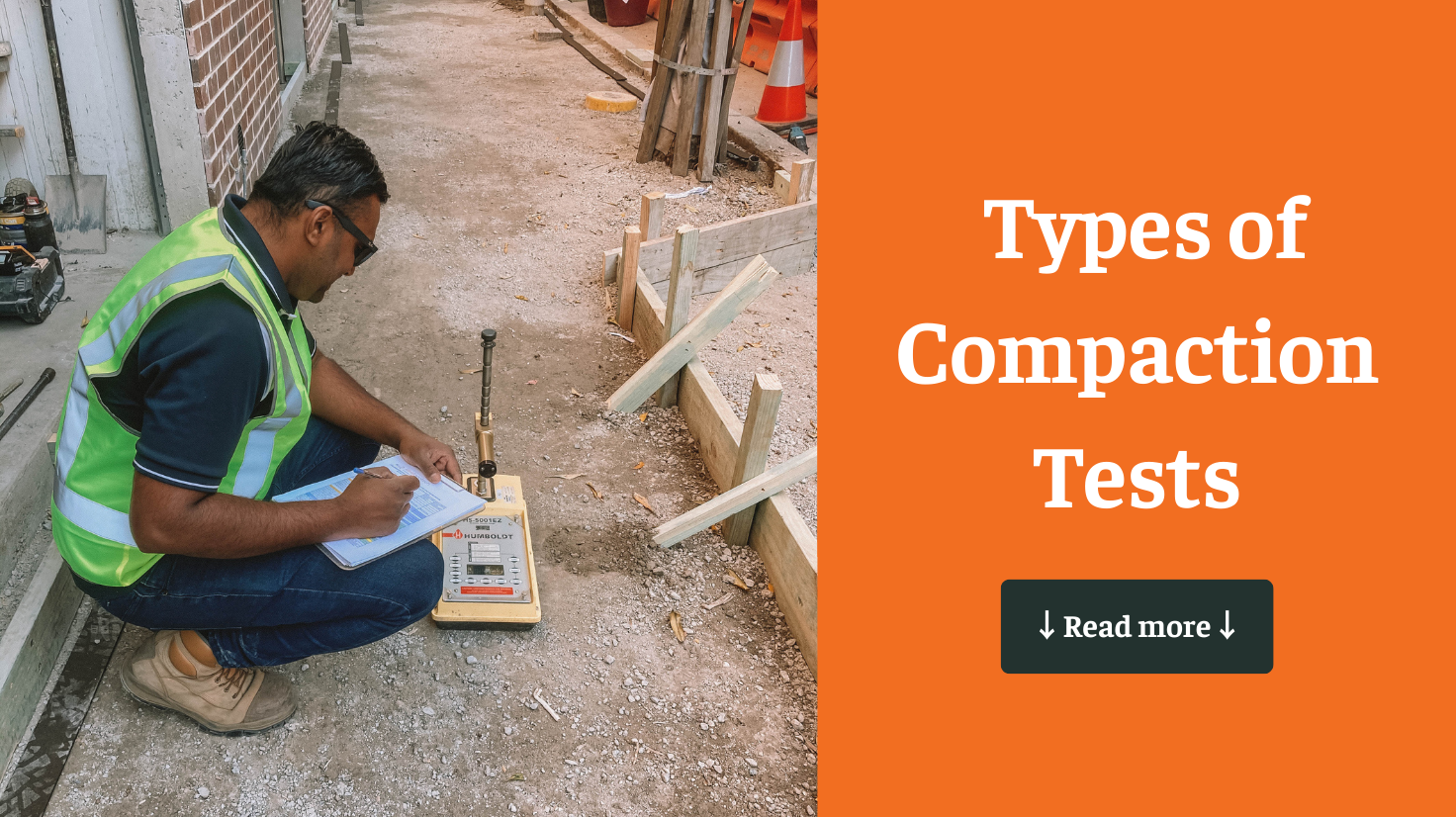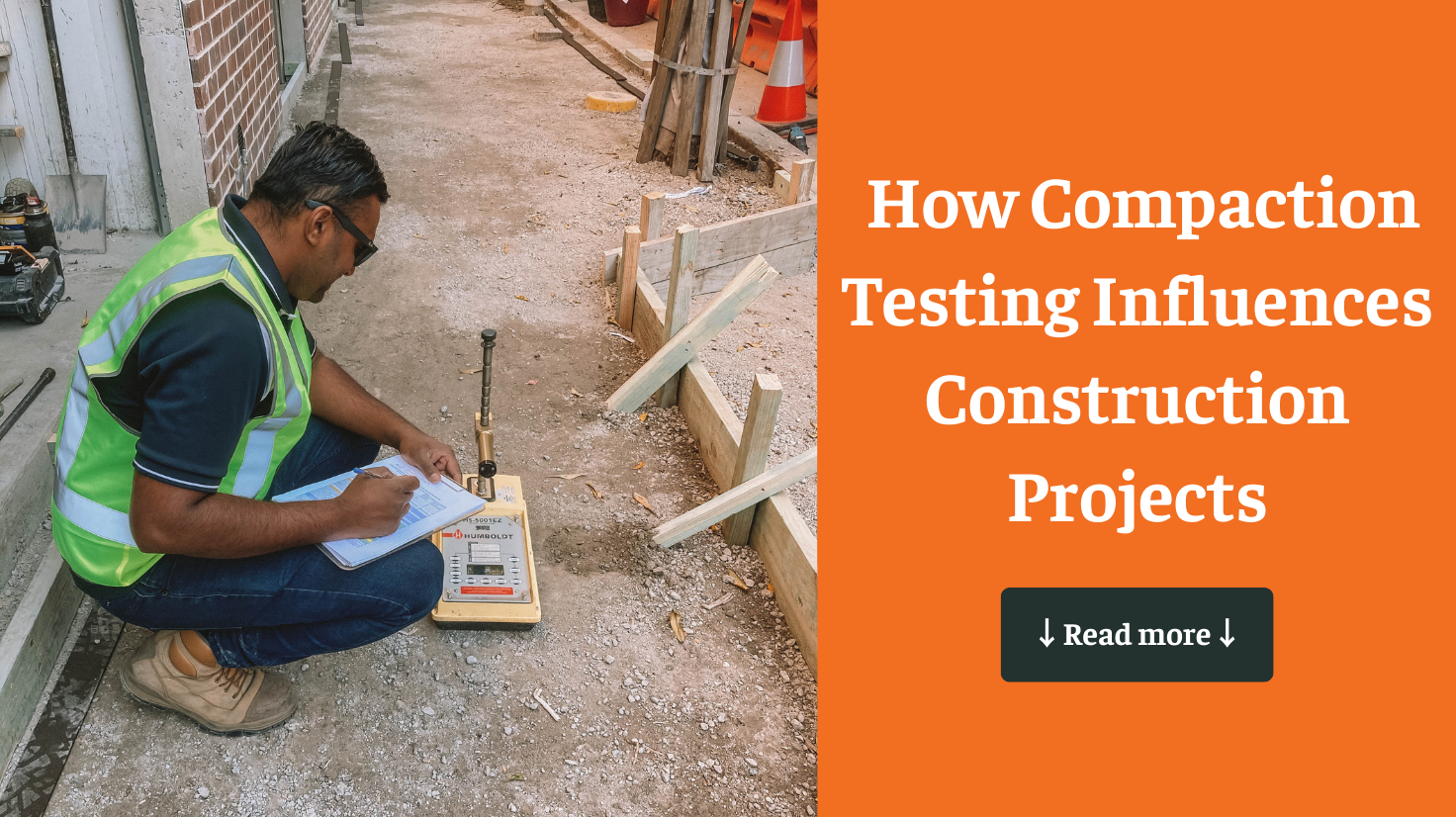Outline
Toggle1. The Relationship Between Soil Strength and Slope Stability
Soil strength refers to the capacity of soil to resist deformation and failure under applied stresses. It is an inherent property that varies depending on several key factors:
- Soil Type: Different soils, such as clay, silt, sand, or gravel, exhibit varying levels of strength. For instance, clay soils tend to have higher shear strength due to their cohesive nature, while sandy soils rely more on frictional resistance.
- Moisture Content: The presence of water in the soil significantly affects its strength. Excessive moisture can reduce soil cohesion and increase the risk of slope failure, particularly in saturated conditions.
- Compaction: Properly compacted soils generally exhibit higher strength, as compaction reduces the void spaces between soil particles, thereby increasing density and inter-particle friction.
- Organic Material: The presence of organic matter can either enhance or reduce soil strength, depending on its composition and concentration.
When analyzing slope stability, understanding the interplay between driving forces—such as gravity, seismic activity, and external loads—and resisting forces—predominantly governed by the soil’s shear strength—is essential. If the driving forces surpass the resisting forces provided by the soil, the slope becomes unstable, potentially resulting in landslides, earthflows, or other forms of slope failure.
2. Testing Soil Strength for Slope Stability
Evaluating soil strength is critical for predicting and ensuring slope stability. To achieve this, geotechnical engineers employ a range of testing methods, each tailored to provide insights into different aspects of soil behavior:
- Direct Shear Test: This fundamental test assesses the soil’s shear strength by applying a horizontal force to a soil sample until failure occurs. It is particularly valuable for evaluating the sliding resistance of soils, which directly impacts slope stability.
- Triaxial Test: Considered one of the most versatile and informative soil tests, the triaxial test subjects soil samples to varying levels of confining pressure, simulating in-situ conditions. The results offer a comprehensive understanding of how soil behaves under different stress states, providing essential data for slope stability analysis.
- Unconfined Compression Test: Commonly used for cohesive soils, this test measures the compressive strength of the soil without the influence of lateral confinement. It is particularly useful for determining the load-bearing capacity of soils in slope applications.
These testing methods are integral to slope stability analysis, often used in combination with advanced modeling techniques to predict potential failures under various conditions.
3. Mitigation Strategies for Enhancing Slope Stability
Once the relationship between soil strength and slope stability is thoroughly understood, several mitigation strategies can be implemented to enhance slope stability and prevent potential failures:
- Soil Reinforcement: Reinforcement techniques such as soil nailing, the use of geotextiles, and the construction of retaining walls can significantly improve the shear strength of soils. These methods provide additional support to slopes, effectively reducing the risk of failure.
- Drainage Improvement: Properly designed drainage systems are essential for controlling soil moisture content. By diverting or reducing the amount of water infiltrating the soil, drainage improvements can prevent the weakening of soil strength and mitigate the risk of slope instability.
- Vegetative Cover: The establishment of vegetation on slopes is a natural and cost-effective strategy to stabilize soil. Vegetation reduces surface erosion, enhances soil cohesion through root systems, and helps maintain slope integrity.
These mitigation strategies, when combined with accurate soil testing and slope stability analysis, form a comprehensive approach to managing and preventing slope failures.
4. Contact Ideal Geotech for Expert Slope Stability Solutions
At Ideal Geotech, we are dedicated to providing tailored solutions that ensure the stability and safety of your projects. Our team of experts utilizes cutting-edge testing methods and innovative mitigation strategies to assess and enhance soil strength and slope stability, regardless of the complexity of the terrain.
Whether you are managing natural landscapes or engineered slopes, Ideal Geotech has the expertise to deliver reliable, effective solutions that safeguard your investments. Contact us today to learn more about how we can help you achieve optimal slope stability and secure your projects against potential risks.






